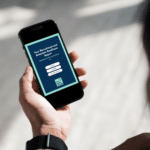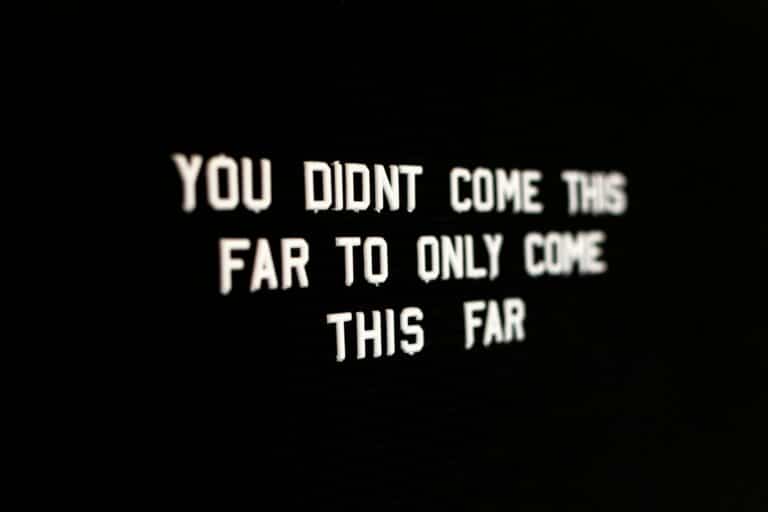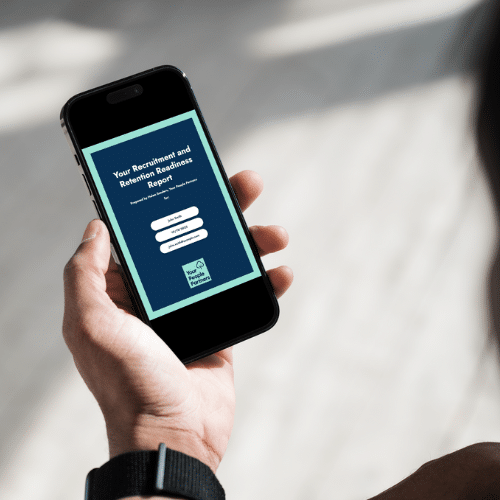Congratulations on scoring a job interview! Now it’s time to prepare yourself to showcase your best self and secure that dream job. Job interviews can be nerve-wracking, but with the right preparation, you can boost your confidence and increase your chances of success.
In this comprehensive guide, we’ll walk you through the essential steps of job interview preparation, from researching the company to mastering your interview skills. So, let’s dive in and get you ready to ace your job interview!
Step 1: Researching the Company
Understanding the Company and its Business
Before stepping into the interview room, it’s crucial to have a solid understanding of the company and its business. Hiring managers want to see that you’ve done your homework and are genuinely interested in their organisation. Here are some steps you can take to gather the necessary information:
- Visit the company’s official website: Explore pages like “About Us,” “Services,” “Products,” and “Blog” to get a sense of the company’s mission, values, and offerings.
- Check the company’s LinkedIn profile: Discover recent ventures, business models, and plans through their LinkedIn profile. This will also help you identify how you align with the company and its goals.
- Research recent news and press releases: Conduct a Google search to find news articles and press releases about the company. This will provide you with valuable insights into their latest achievements and initiatives.
Re-reading the Job Description
To ace your job interview, it’s essential to have a clear understanding of the job description and how your skills align with the requirements. Here’s what you can do:
- Thoroughly review the job description: Read the job description multiple times to grasp the key responsibilities, skills, and qualifications the company is seeking.
- Match your skills to the job requirements: Evaluate your own skills and experiences to identify how they align with the job requirements. Prepare examples and anecdotes that demonstrate your capabilities in these areas.
Step 2: Mastering Interview Skills
Preparing for Commonly Asked Questions
No matter the field or position, there are certain questions that commonly arise in job interviews. By preparing answers to these questions, you can present yourself as a confident candidate. Here are some commonly asked questions and how to tackle them:
- Tell us about yourself: Craft a concise and engaging summary of your qualifications, interests, and relevant experiences.
- Why do you want to join this company?: Highlight specific aspects of the company’s culture, values, or mission that resonate with you.
- What are your strengths and weaknesses?: Discuss your strengths confidently and provide examples to back them up. When discussing weaknesses, focus on areas where you’ve shown improvement or are actively working on self-development.
- What makes you a good fit for this role?: Emphasise your relevant skills, experiences, and achievements that align with the job requirements.
- Where do you see yourself in the next 5 years?: Describe your career aspirations and how this role fits into your long-term goals.
- Why should we hire you?: Highlight your unique selling points and how your skills and experiences can bring value to the company.
Planning Relevant Questions for the Interviewer
When given the opportunity to ask questions, seize it! It shows your genuine interest in the role and offers you a chance to gather valuable information. Here are some questions you can ask the interviewer:
- What are the expectations for this role in the first 30-60 days?: Gain insights into what the company expects from you during the initial period.
- Why is the company looking to hire someone new for this position?: Understand the context behind the vacancy and how the company plans to utilize this role.
- What are some challenges I might encounter in this role?: Demonstrate your proactive mindset and willingness to overcome challenges.
- How will my performance be reviewed?: Get clarity on the performance evaluation process and what metrics or criteria will be used.
- Who will I be reporting to directly?: Understand the reporting structure and the key stakeholders you will be working with.
- What skills are essential for excelling in this role?: Show your eagerness to learn and develop the necessary skills to excel in the position.
- Do you have any feedback for me?: Show your openness to constructive criticism and your willingness to improve.
Step 3: Polishing Your Interview Skills
Good Body Language
Your body language speaks volumes during a job interview. Here are some tips to ensure you project confidence and professionalism:
- Smile and make eye contact: Project a friendly and approachable demeanour by smiling and maintaining eye contact with the interviewer.
- Sit up straight: Maintain good posture to convey confidence and attentiveness.
- Use hand gestures appropriately: Use natural hand gestures to emphasize key points, but avoid excessive movements that may distract the interviewer.
- Avoid fidgeting: Keep your body movements controlled and avoid nervous fidgeting, such as tapping your fingers or shaking your legs.
- Mirror the interviewer’s body language: Subtly mirror the interviewer’s body language to establish rapport and build a connection.
Arriving Early and Dressing Formally
Being punctual and dressing appropriately are vital aspects of making a positive first impression. Here’s what you should keep in mind:
- Arrive 10-15 minutes early for in-person interviews: Plan your travel time accordingly to arrive early. This demonstrates your organisational skills and respect for the interviewer’s time.
- Arrive 3 minutes early for remote interviews: Interviewers are not expecting you to be 10-15 minutes early, so don’t do it for video interviews.
- Dress in formal attire: Present yourself professionally by wearing appropriate attire for the interview. Opt for a well-fitted, ironed outfit and polished footwear. Avoid excessive accessories or flashy clothing. Do not worry if they have a casual culture where jeans are the norm. You need to be on your best behaviour for the interview process. Your time to wear your favourite polo shirt will come!
Remember, your appearance and body language are just as important as your verbal responses during the interview.
Conclusion
Preparing for a job interview is a crucial step towards securing your dream job. By conducting thorough research on the company, mastering interview skills, and polishing your body language, you can confidently navigate the interview process. Remember to showcase your enthusiasm, adaptability, and relevant experiences to stand out from other candidates. Best of luck in your job interview journey!
Please reach out to our team here at Your People Partners if you have any questions about your next career move. We’d love to help.









